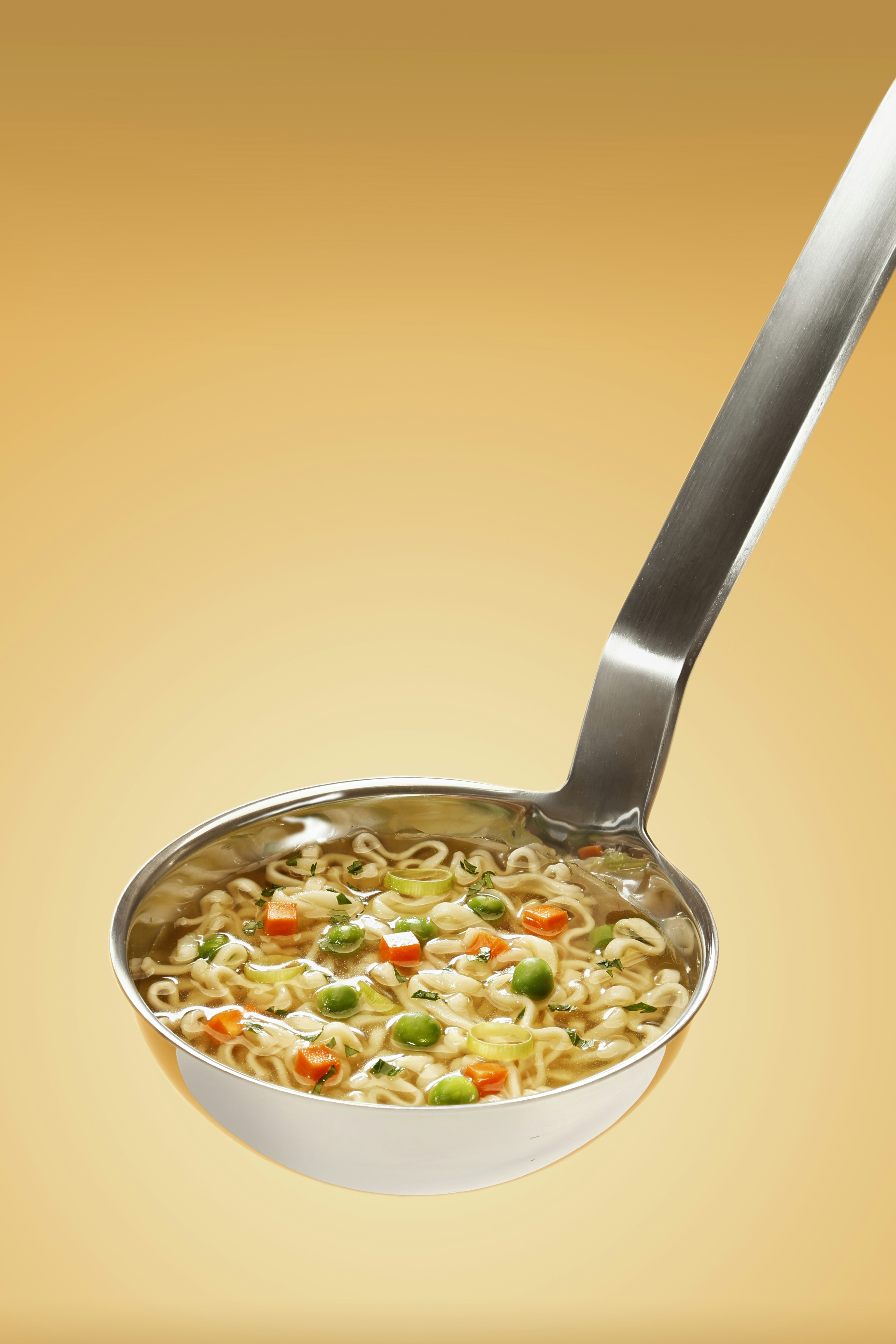Whether you have food allergies, medical conditions, or simply follow a specific diet, special dietary considerations are an essential part of your life. They refer to the unique eating requirements that individuals have, which differ from the standard nutritional guidelines. By understanding these considerations, you can make informed choices about what you consume, ensuring a healthier and happier you. In this article, we will explore the different aspects of special dietary considerations, providing insights into their importance and offering practical tips on how to navigate them successfully.
Table of Contents
Understanding Special Dietary Considerations

What are special Dietary Considerations?
Special dietary considerations refer to the specific dietary needs or restrictions that some individuals might have due to medical conditions, personal beliefs, or religious requirements. These considerations often require individuals to modify their normal eating habits and food choices in order to maintain their health and well-being. It is important to understand and respect these special dietary considerations to ensure that everyone’s needs are accommodated and supported.
Common types of special dietary considerations
There are several common types of special dietary considerations that individuals may have. These considerations can vary greatly depending on the individual’s specific needs or preferences. Some of the most prevalent special dietary considerations include:
Gluten-free diet
A gluten-free diet is essential for individuals with celiac disease, a serious autoimmune condition triggered by the ingestion of gluten. Gluten is a protein found in wheat, barley, and rye, and can cause severe damage to the small intestine in people with celiac disease. Following a gluten-free diet involves avoiding all foods and products containing wheat, barley, and rye, and opting for gluten-free alternatives. This includes avoiding bread, pasta, cookies, cakes, and other baked goods that typically contain gluten.
Dairy-free diet
A dairy-free diet is necessary for individuals who are lactose intolerant or have a dairy allergy. Lactose is a sugar found in milk and dairy products, and lactose intolerance occurs when the body does not produce enough lactase, the enzyme responsible for breaking down lactose. This can lead to digestive issues such as bloating, cramps, and diarrhea. A dairy-free diet involves eliminating all dairy products, such as milk, cheese, yogurt, and butter, and opting for non-dairy alternatives like almond milk or soy cheese.

Vegetarian diet
A vegetarian diet is based on plant foods and excludes the consumption of meat, poultry, and seafood. Vegetarianism is often practiced for ethical, environmental, or health reasons. There are different types of vegetarian diets, including lacto-vegetarian (includes dairy products), ovo-vegetarian (includes eggs), and lacto-ovo-vegetarian (includes both dairy products and eggs). A vegetarian diet can provide all the necessary nutrients when well-planned, focusing on a variety of plant-based protein sources, whole grains, fruits, and vegetables.
Vegan diet
Similar to a vegetarian diet, a vegan diet excludes all animal products, including meat, poultry, seafood, dairy, and eggs. Veganism is often adopted for ethical reasons, aiming to avoid all forms of animal exploitation and cruelty. It is important for vegans to ensure they meet their nutritional needs, especially for nutrients like vitamin B12, calcium, and iron, which are commonly found in animal products. Plant-based protein sources such as legumes, tofu, and tempeh, as well as fortified plant-based milk alternatives, can help vegans fulfill their nutritional requirements.

Ketogenic diet
The ketogenic diet, or keto diet, is a low-carbohydrate, high-fat diet that has gained popularity for its potential benefits in weight loss and improving certain health conditions. The diet aims to induce a metabolic state called ketosis, in which the body primarily uses fat as its main source of energy instead of glucose. High-fat foods such as nuts, seeds, avocados, and oils are staples of the keto diet, while carbohydrates, including grains, fruits, and starchy vegetables, are significantly limited. This diet requires careful planning and monitoring to ensure adequate nutrient intake.
Paleo diet
The paleo diet, also known as the caveman diet or paleolithic diet, is based on the presumed eating habits of early humans during the Paleolithic era. It emphasizes whole, unprocessed foods such as lean meats, fish, fruits, vegetables, nuts, and seeds while avoiding grains, legumes, dairy products, refined sugar, and processed foods. The goal of the paleo diet is to mimic the dietary patterns of our ancestors and promote a more natural and nutrient-dense way of eating.

Low FODMAP diet
The low FODMAP diet is often recommended for individuals with irritable bowel syndrome (IBS) or other gastrointestinal conditions. FODMAPs (fermentable oligosaccharides, disaccharides, monosaccharides, and polyols) are a group of carbohydrates that can trigger digestive symptoms such as bloating, gas, and abdominal pain in susceptible individuals. The low FODMAP diet involves limiting or temporarily eliminating foods high in FODMAPs, such as certain fruits, vegetables, grains, dairy products, and sweeteners, and gradually reintroducing them to identify specific triggers.
Renal diet
A renal diet, also known as a kidney-friendly diet, is designed for individuals with kidney disease or impaired kidney function. The diet aims to reduce the workload on the kidneys by monitoring the intake of certain nutrients such as sodium, potassium, phosphorus, and protein. A renal diet typically involves limiting foods high in sodium (such as processed foods), potassium (bananas, oranges), phosphorus (dairy products, nuts), and protein (animal meats). Following a renal diet can help manage kidney disease and prevent further complications.

Diabetic diet
A diabetic diet, also known as medical nutrition therapy for diabetes, is a crucial component of managing diabetes. This diet focuses on promoting stable blood sugar levels and controlling carbohydrate intake to help individuals with diabetes maintain optimal glucose control. The diet typically involves portion control, regular meal timings, balanced distribution of macronutrients (carbohydrates, proteins, fats), and monitoring the glycemic index of foods. A diabetic diet aims to prevent blood sugar spikes and minimize the risk of complications associated with diabetes.
Understanding and accommodating special dietary considerations is essential for ensuring the well-being and inclusivity of individuals with specific nutritional needs. By recognizing and respecting these dietary considerations, we can create an environment that supports everyone’s dietary preferences, health requirements, and personal beliefs.

